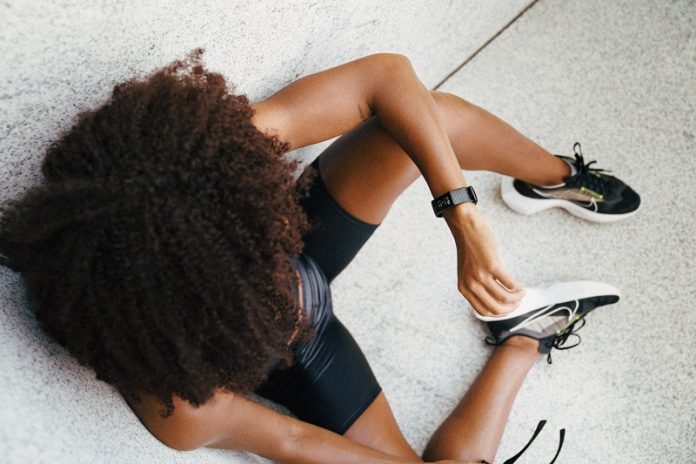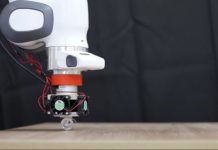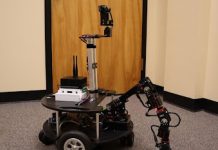
You’ve probably seen people wearing Fitbits to track their steps, sleep, and more.
These gadgets have become really popular, but how accurate are they?
A new study says they’re pretty good at measuring your daily activity but not that great at tracking your sleep.
David Schnyer, a psychology professor from the University of Texas at Austin, is one of the people behind this study.
He and his team compared Fitbits with another trusted device called Actiwatch 2.0.
Actiwatch is often used in scientific research and is considered reliable for tracking how active you are and how well you sleep.
People in the study, both young and old, wore both devices at the same time for about 10-14 days. They also kept a sleep diary.
The researchers wanted to know if Fitbits could be just as good as Actiwatch in tracking both activity levels and sleep patterns.
Good news first: Fitbits are almost as accurate as Actiwatch when it comes to measuring your activity during the day. This is a big deal because many people own Fitbits, and they’re easier to handle than Actiwatch, which needs to be returned to a lab for recharging after a month.
Also, since Fitbits are widely used, they could be helpful for researchers who want to study large groups of people, including older adults.
Now, the not-so-good news: Fitbits don’t do a great job at measuring sleep. The study found that they often underestimate how long it takes you to fall asleep and how much you actually sleep.
Why does this happen? It could be because Fitbits are too sensitive to small movements, or it might be how they use math formulas to figure out when you’re sleeping.
Why does getting the sleep tracking right matter? Well, sleep is crucial for your health. And understanding sleep patterns is particularly important for older adults.
Changes in how well older people sleep can signal other health issues, like a decline in brain function or a higher risk of dementia. So, having a device that tracks sleep accurately is important.
So, what’s the takeaway here? Fitbits can be useful tools for checking your day-to-day activity levels.
They’re easy to use and can be charged at home, making them more convenient than some scientific devices. If researchers want to study activity patterns in a lot of people, Fitbits could be a good option.
However, if you’re really interested in tracking your sleep accurately, Actiwatch or similar specialized devices might be a better choice.
Fitbits may not give you the full picture of how well you’re sleeping, and that could be important information to have, especially as you age.
To sum it up, Fitbits are good for some things but not perfect for everything. They’re great for keeping an eye on your activity, but if you want to dig deep into your sleep habits, you might want to look elsewhere.
If you care about sleep quality, please read studies about how to sleep to prevent Alzheimer’s disease, and this herb could help you sleep well at night.
For more information about brain health, please see recent studies about high blood pressure drug that could treat dementia, and results showing this diet could protect against memory loss and dementia.
Follow us on Twitter for more articles about this topic.



